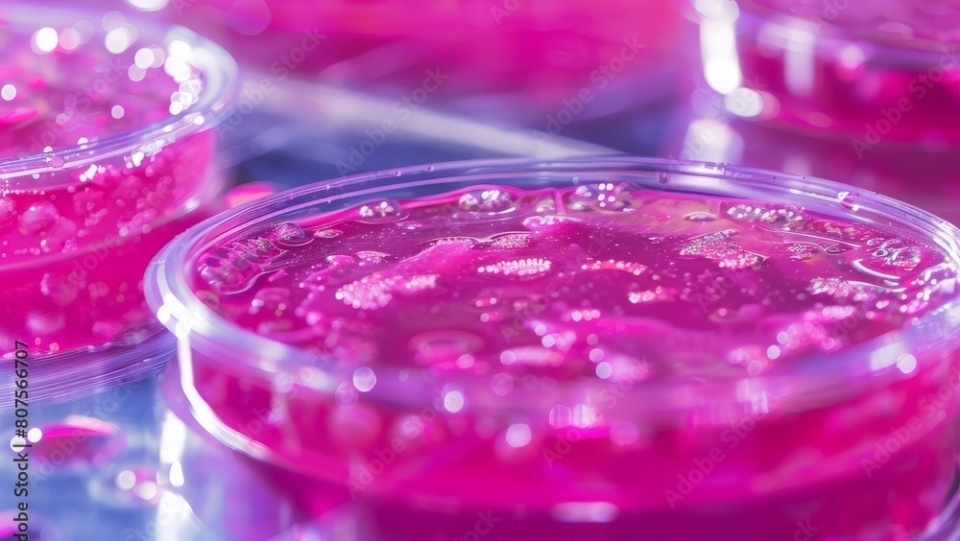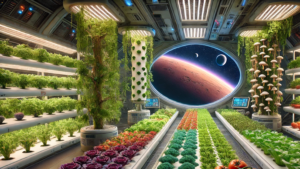
Cultivated B solves fetal bovine serum problem
German-Canadian food tech specialist The Cultivated B reports that it has identified a small molecule that can replace bovine fibroblast growth factor (bFGF) in the production of cell-based meat with a stable, scalable small molecule that results in reproducible quality of sustainably cultured meat.
In September 2023, Germany-headquartered InFamily Foods CDMO subsidiary The Cultivated B made headlines with the first-ever preregistration of a hybrid cell-based sausage at the European Food Safety watchdog EFSA. Due to the complex and intransparent legal procedure of the EFSA – updated last year – but requires 18-48 months for EU market approval, the technology enabler for scaled cell-based protein manufacturing strategically turned to Canada to build a Bioengineering Hub. Additionally, Canada offers a better infrastructure for the deep-tech bioeconomy than Germany. There, through its subsidiary n! Biomachines Inc, it has developed a recently launched benchtop cultivation station with AI-driven biosensors that enables the propagation of stem cell-derived muscle cells.
Now, the company reported it has solved a major ethical and technological problem that that was hampering cell-based prótein cultivation from being economically and environmentally sustainable: it stopped the need of adding expensive, ethically problematic and technologically challenging fetal bovine calf serum to the culture medium. When the experts replaced bovine fibroblast growth factor (bFGF) by a small synthetic molecule dubbed TCB-32 (plus backup candidates TCB-494, TCB-621 and TCB-5419) from the class of guanylhydrazones, the culture achieved up to 70% of the growth rate with bFGF but didn’t show the batch-to-batch variation seen with the calf fetus-derived unstable protein.
“New applications in cell therapy or cultivated meat require the cultivation of a large volume of cells in bioreactors. Serum-containing medium is superior in producing high cell numbers but shows high batch-to-batch variation, has potential for exogenous contamination and is highly unethical since it is sourced from bovine fetuses as a byproduct of the meatpacking industry,” write the researchers headed by Hamid Noori. “Serum-free medium is required to meet the growing demands of the industry.” The new thermostabile lead compound was identified in a virtual screening. According to the developers, replacement of protein components in serum-free media with chemical compounds offers a promising strategy to enable the large-scale production of cells for applications like cell therapy or cultivated meat.
The discovery should take the wind out of the sails of right-wing governments in Italy, Romania, Austria and famer lobby groups in Poland, Czech Republic and Spain, as well as conservative French parties that wanted to impose a ban on the marketing and authorisation of cultured meat alternatives in violation of EU law in order to protect domestic agriculture. However, a majority of EU member states calls for a protein strategy including cell-based and microbial protein manufacturing methods to improve the CO2 footprint of European agriculture.
The radical right-wing AfD, which is still in stealth mode due to the German elections and which, according to its election manifesto, wants to protect the products of domestic farmers against ‘meat plagiarism’ and argues that cell-based meat products consume foetal calf serum and are therefore unethical, should also be pleased with the discovery made by the German engineers at The Cultivated B. The discovery supports the supposedly open-technology approach emphasised by the party in its election manifesto. Omitted from the programme, however, is the fact that the use of foetal calf serum in cell culture, mostly in basic and pharmaceutical research, kills around 2 million calf foetuses worldwide every year, while slaughter for meat production kills 200 million cattle globally every year according to the FAO.



 FSA UK
FSA UK Consilium
Consilium